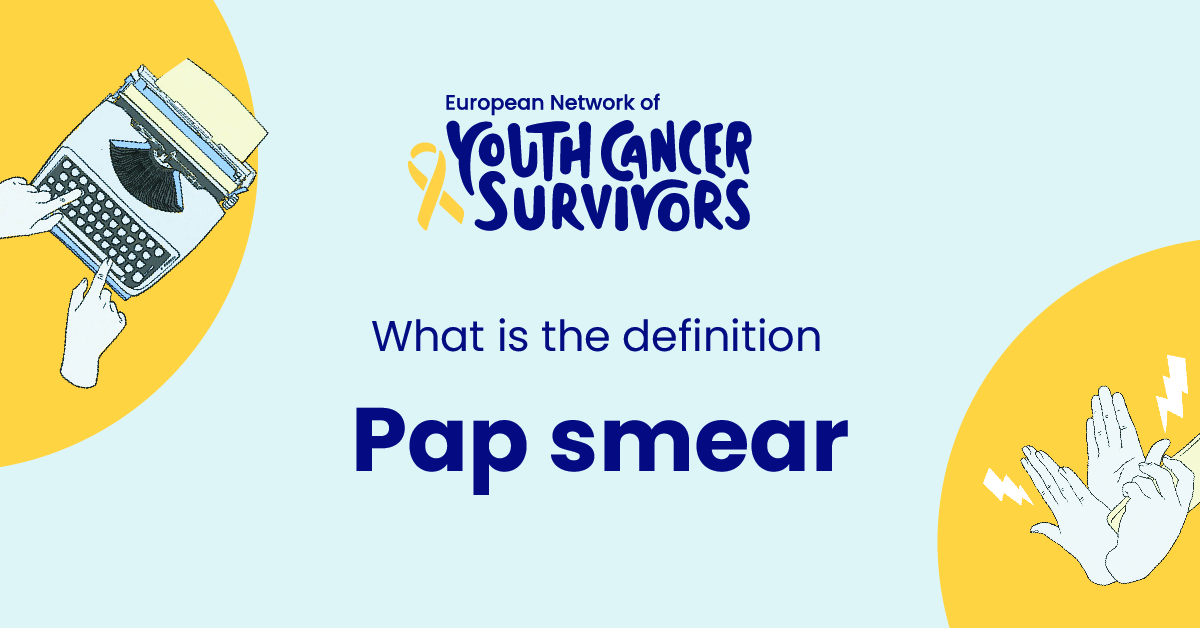
Living a healthy life goes hand in hand with proactivity in proactive disease prevention and early detection—this is particularly true when it comes to gynecological well-being. Today, we delve into one of the key life-saving screenings: the Pap Smear test. We’ll uncover the mystery behind it, its integral role, and why every woman should make the test a routine practice.
Defining Pap Smear
A Pap Smear, also known as a Pap test, forms part of the cervical screening process used primarily by gynecologists to spot cervical cancer in the early stages. It involves collecting cells from your cervix — the lower, narrow end of your uterus located at the top of your vagina.
A careful examination of the sample collected reveals any cell changes that might lead to cervical cancer in the future. The early detection allows for timely intervention, which is crucial in preventing the progression of cervical cancer.
The Importance of Pap Smear Test
According to the World Health Organization (WHO), cervical cancer is the fourth most common cancer affecting women globally. Regular Pap smear tests are an effective way of catching the disease early when treatment is most likely to be successful.
Therefore, regular undertaking of a Pap Smear test comes highly recommended, given its proven link with the early detection of cervical cancer. It’s not just about testing; it’s about safeguarding your health and future.
The Pap Smear Process Explained
The Pap Smear test is usually conducted at a doctor’s office and doesn’t take much time. It forms part of the routine gynecological examination, which also includes a pelvic exam.
The process is simple. A plastic or metal instrument (speculum) is gently inserted into your vagina to hold apart the vaginal walls, allowing your doctor easy access to your cervix. Then, the doctor uses a soft brush or a flat scraping device (spatula) to gently collect cells from the cervix. These cells are then sent to a laboratory for evaluation.
Results and Interpretation of Pap Smear Test
The results of a Pap test can be classified broadly into two: Negative (Normal) and Positive (Abnormal). A negative result indicates that no abnormal cells were detected, which is great news. However, keep in mind that even if you get a negative result, you should continue getting regular Pap smears.
A positive result, on the other hand, doesn’t necessarily mean you have cervical cancer. Rather, it indicates the presence of abnormal cells that could be precancerous. Upon an abnormal result, your doctor will likely recommend further tests to examine these cells more closely and determine the appropriate course of action needed.
Get to know us better
If you are reading this, you are in the right place – we do not care who you are and what you do, press the button and follow discussions live

Conclusion
The Pap smear test plays a pivotal role in early cervical cancer detection, making it invaluable in women’s preventative health practice. It’s a quick procedure and a small discomfort for a dramatically increased chance of beating one of the most common cancers affecting women. Creating awareness and having an open conversation about Pap Smear tests is a decisive step in this direction.
FAQs about Pap Smear
- Is the Pap smear test painful?
While the test might cause mild discomfort for some women, it’s generally not painful. It’s, however, common to feel a bit uncomfortable during the test, especially if it’s your first time.
- How is a Pap smear different from a pelvic exam?
A Pap Smear and a pelvic exam are two different things. A pelvic exam is a visual and physical examination of the female pelvic organs, while a Pap smear is a test conducted during the pelvic examination for the early detection of cervical cancer.
- How often should I get a Pap smear?
Recommendations vary, but it’s commonly suggested that women start getting Pap smears at age 21 and continue getting them every three years. However, it’s important to follow your doctor’s guidance as it can differ based on individual health and risks.
- What are the potential risks of a Pap smear?
There are very few risks associated with a Pap smear. One of them is getting a false-negative result, where the test fails to detect abnormal cells. Regular testing can minimize this risk.
- What should I do if my Pap smear test result is abnormal?
If your result is abnormal, don’t panic. Remember, an abnormal result doesn’t mean you have cancer. Your doctor will guide you on the next steps, which may involve a repeat Pap test, a more thorough examination, or a procedure to remove abnormal cells.






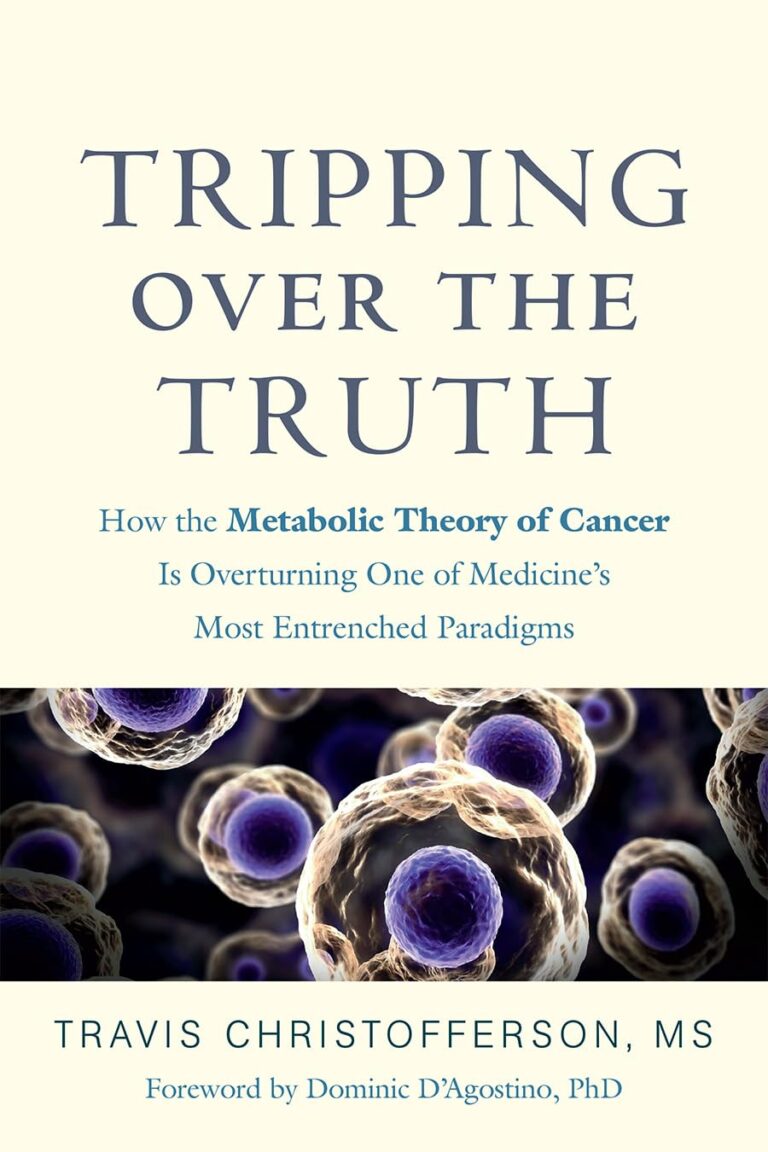

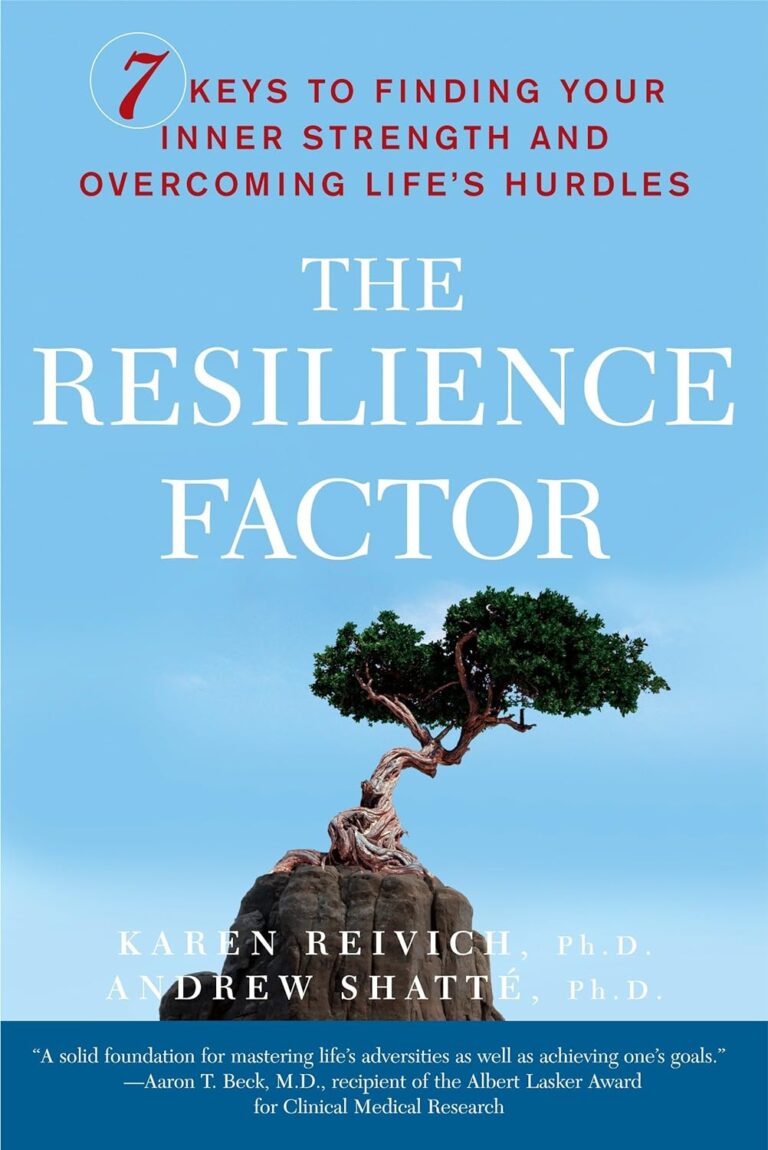
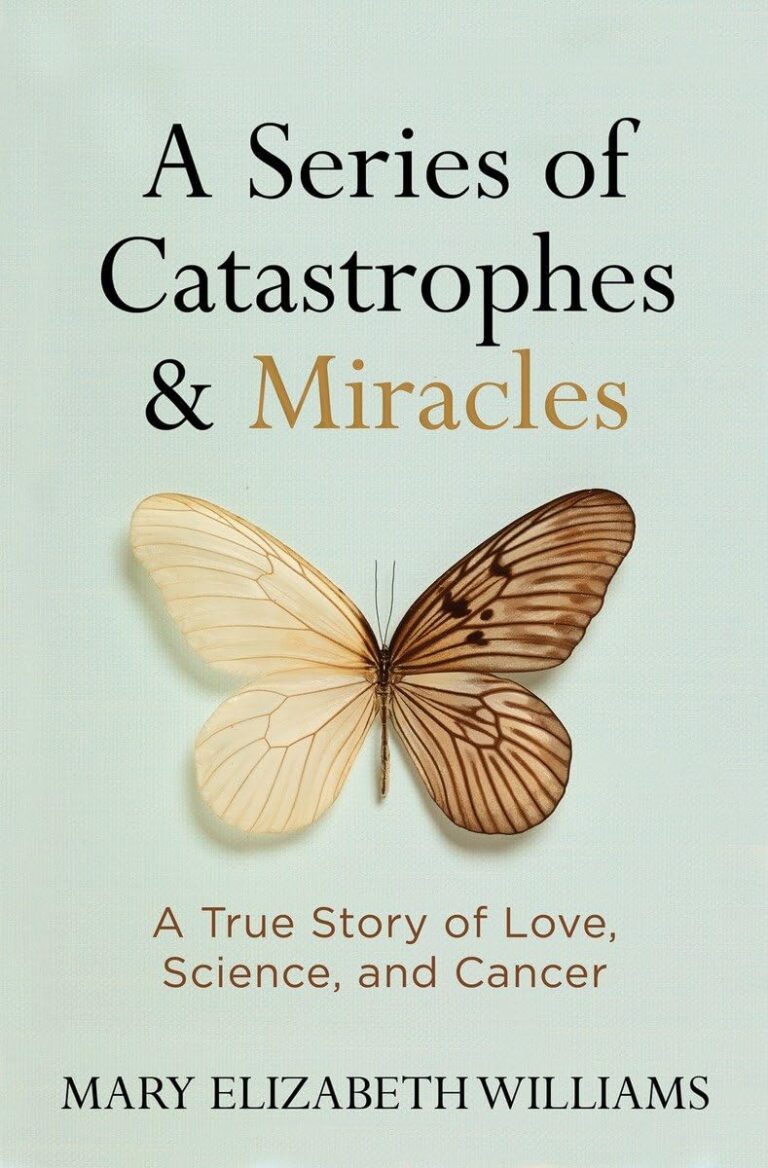
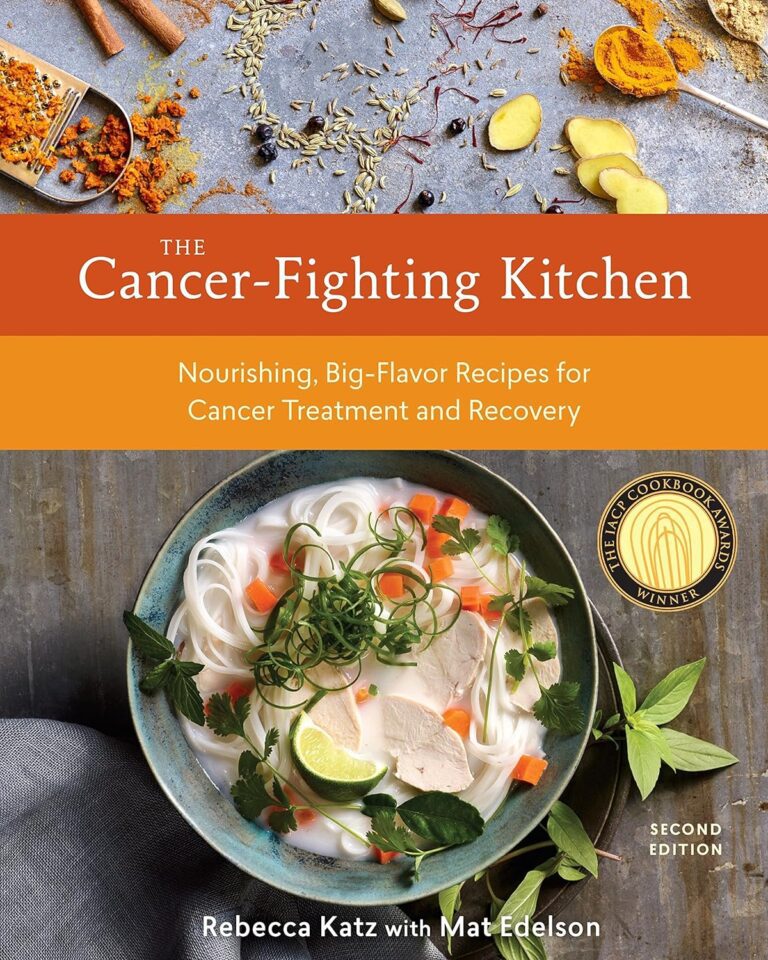

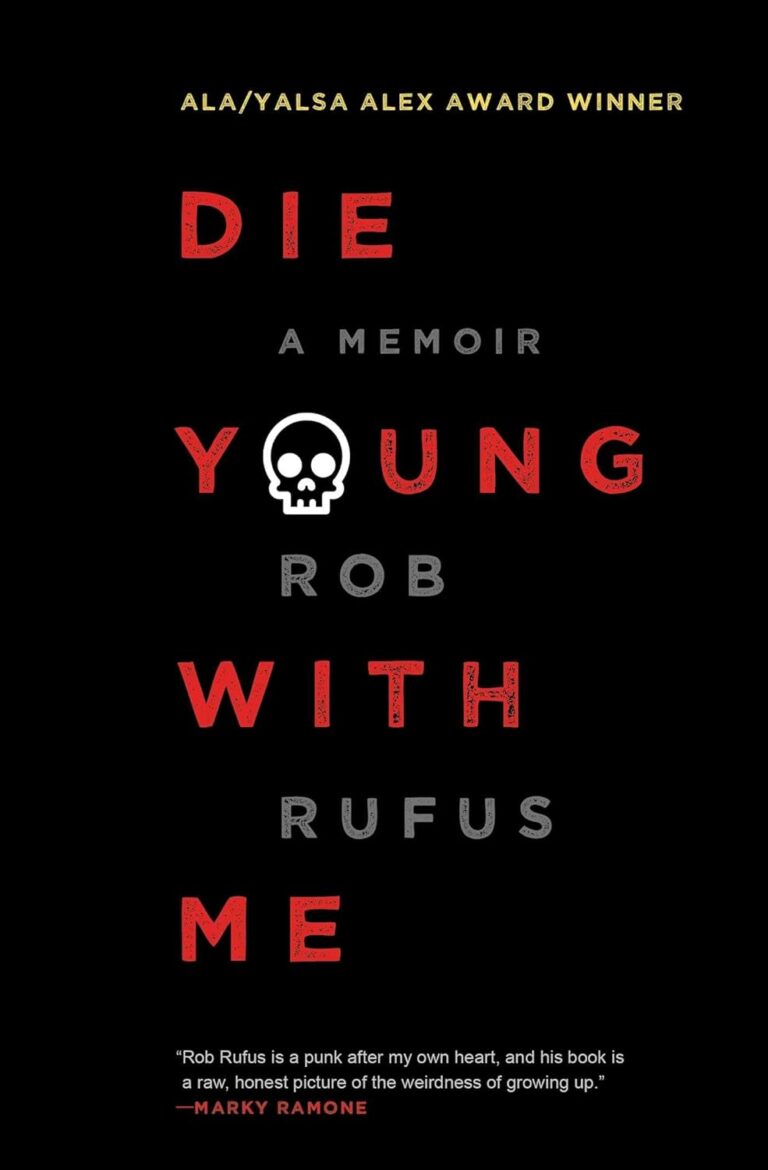

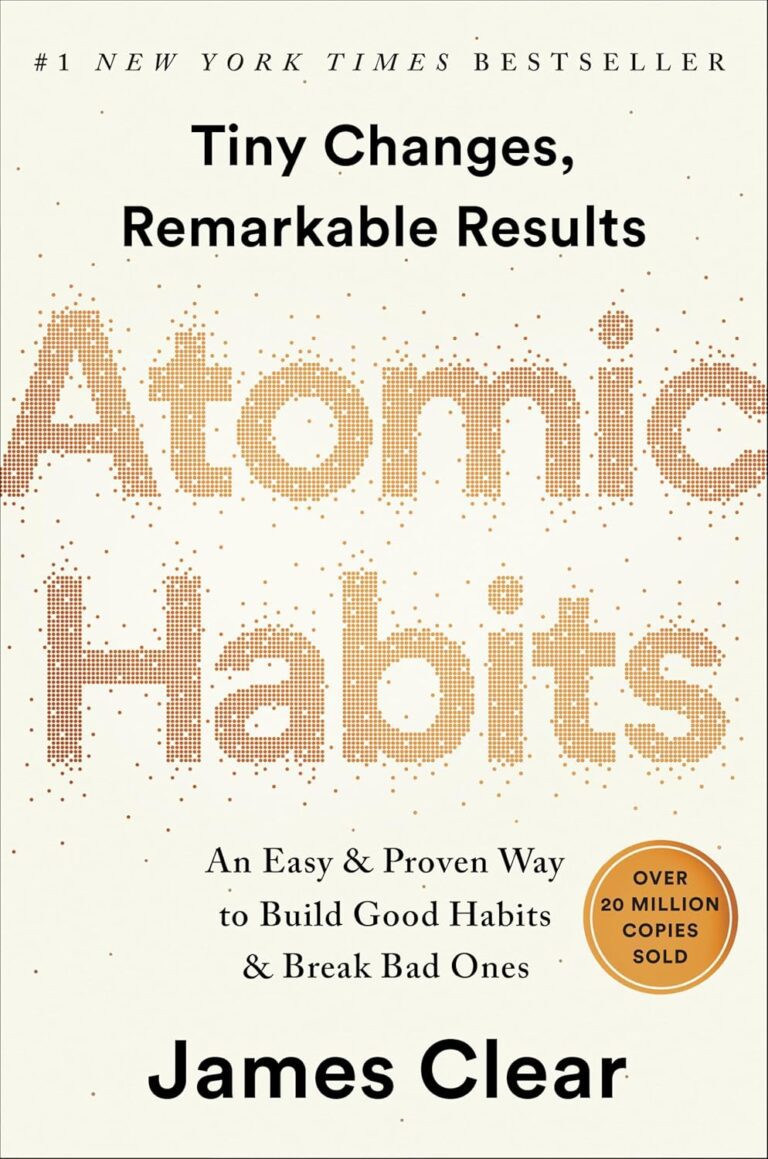


Comments
Thank you. Comment sent for approval.
Something is wrong, try again later